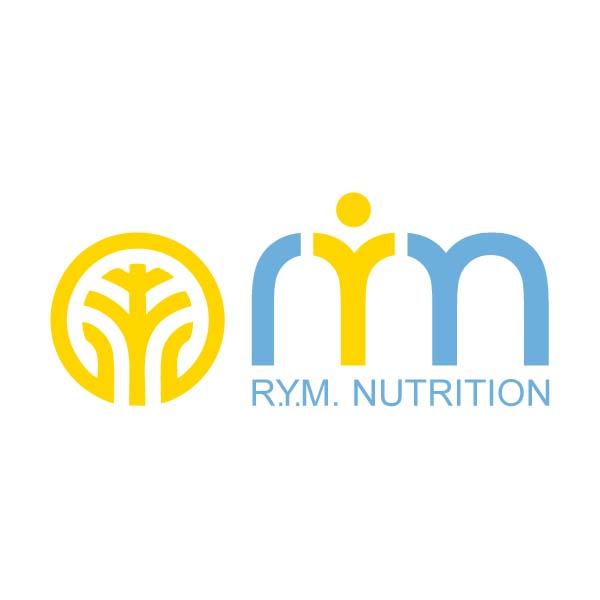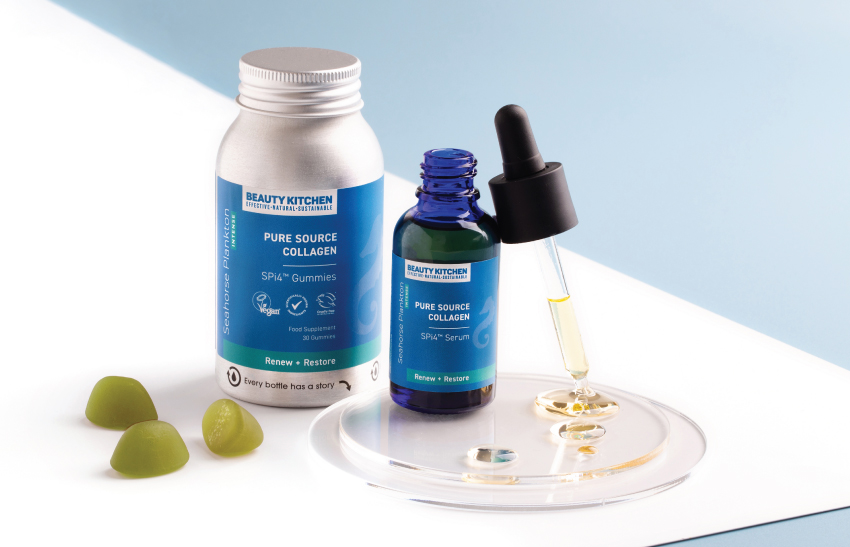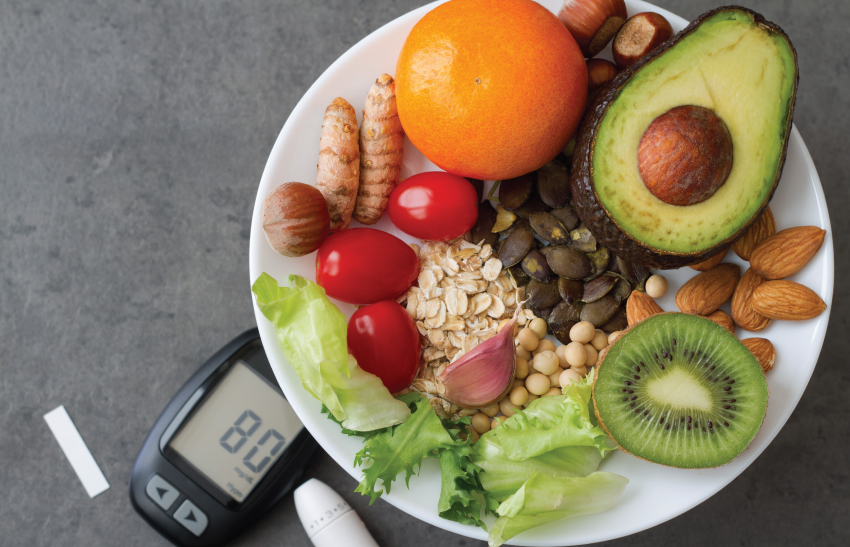
By Isabelle Nunn, Head Nutritionist
Sleep is so important on so many levels; mentally, emotionally and physically! Sleep allows us to be brilliant, pro-active and productive during the day really! It is also when we sleep that the body goes into ‘repair’ mode and can shape how strong our immune system can be.
Do you come across any customers who just can’t sleep?
Well they are not alone! According to a recent nationwide study (2021), about 1 in 5 have trouble falling asleep every night and about 30% of adults actually suffer from severe sleep deprivation. The data showed that only 38% of individuals can be classified as ‘good sleepers’!
3 Suggestions to Support Good Sleep
1) Calm
- Creating a calm environment in the evening can help. If exercise helps your customer unwind, choosing something gentle like yoga, pilates or a stretch session before bed is best. Keeping the body in a calmer state with soft and mellow colours chosen for the bedroom. The right temperature, ideally at about 20 degree Celsius for restful sleep, can help all year round.
- Avoid using electronics in the evening, perhaps aim to switch off from social media, computers or television if they experience trouble sleeping. The blue light displayed from several electronics affects the natural production of our sleep hormone, melatonin. In fact, research suggests avoiding their use, at least two hours before sleep. This could better help the body to switch to the parasympathetic nervous system, which is when the body is in a more relaxed state.

2) Nutrition
- Melatonin is produced in the body from another hormone known as serotonin, our happy hormone. We need other nutrients to help support serotonin’s production such as Iron and B vitamins, to help support the conversion to melatonin. Advise on consuming plenty of those in the diet while making sure a vegetarian or vegan, also tops up their iron levels are sufficient.
- Support the diet with plenty of Magnesium containing foods such as dark green leafy vegetables (spinach, swiss chard, or spring greens); wholegrains such as buckwheat or brown rice; seeds and nuts as well as dried fruits such as apricots. The amino acid, tryptophan also supports the production of serotonin and melatonin hormones. Examples of tryptophan sources include turkey, tofu, eggs, whole milk, cheese, oats amongst others.
- Being mindful of sugar intake is important. Hidden in processed foods, alcohol, and plenty of other foods and of course fruits. Always advise on combining fruit intake with a source of protein, such as a few nuts or seeds. This helps to keep blood sugar levels balanced and therefore impact less on the quality of sleep. Sugar can also affect gut bacteria and the production of important ‘neurotransmitters’ that communicate with the brain and support serotonin’s production.
- Aim to eat smaller meals in the evening instead of large meals which can put a strain on the digestive and detoxification systems. The body would focus on those instead of sleep essentially.

3) Outdoors
Increasing the body’s exposure to natural light and fresh air during the day is important. These will support the nervous system, whilst at the same time connecting with nature does a wealth of good for the mind and body. The circadian rhythm (our body clock) is better balanced, i.e. resetting our body’s internal clock and may help us sleep more soundly at night.
Do reach out if you have any questions by emailing our customer support department or qualified nutritionists at Kinetic.
Our second blog about Sleep and Natural Remedies will be of great support where advising customers. Wishing you and your customers a good night’s sleep.



































































